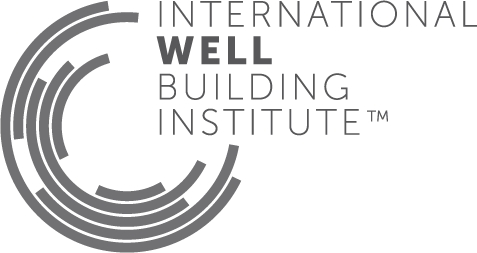WELL® Building Design and Certification
Technical services for the design and certification of buildings complying with the WELL® reference standard.
The WELL® reference standard was developed to certify the quality and usability of buildings in relationship with the internal comfort the user’s wellbeing, the way the building is used and managed. The building is therefore conceived not as a mere construction but as a working and social environment, a place of wellbeing.
The main elements to be considered toward the WELL® certification process are the following:
Air - establishes requirements in buildings that promote clean air and reduce or minimize the sources of indoor air pollution.
Water - promotes safe and clean water through the implementation of proper filtration techniques and regular testing in order for building occupants to receive optimal quality of water for various uses.
Nourishment - requires the availability of fresh, wholesome foods, limits unhealthy ingredients and encourages better eating habits and food culture.
Light - provides guidelines that minimize disruption to the body’s circadian system, enhance productivity, support good sleep quality and provide appropriate visual acuity.
Fitness - promotes the integration of physical activity into everyday life by providing the opportunities and support for an active lifestyle and discouraging sedentary behaviors.
Comfort - establishes requirements designed to create distraction-free, productive and comfortable indoor environments.
Mind - optimizes cognitive and emotional health through design, technology and treatment strategies.
Innovation – evaluates the implementation of innovativative features of the building in order to optimize its usage and maintenance.





